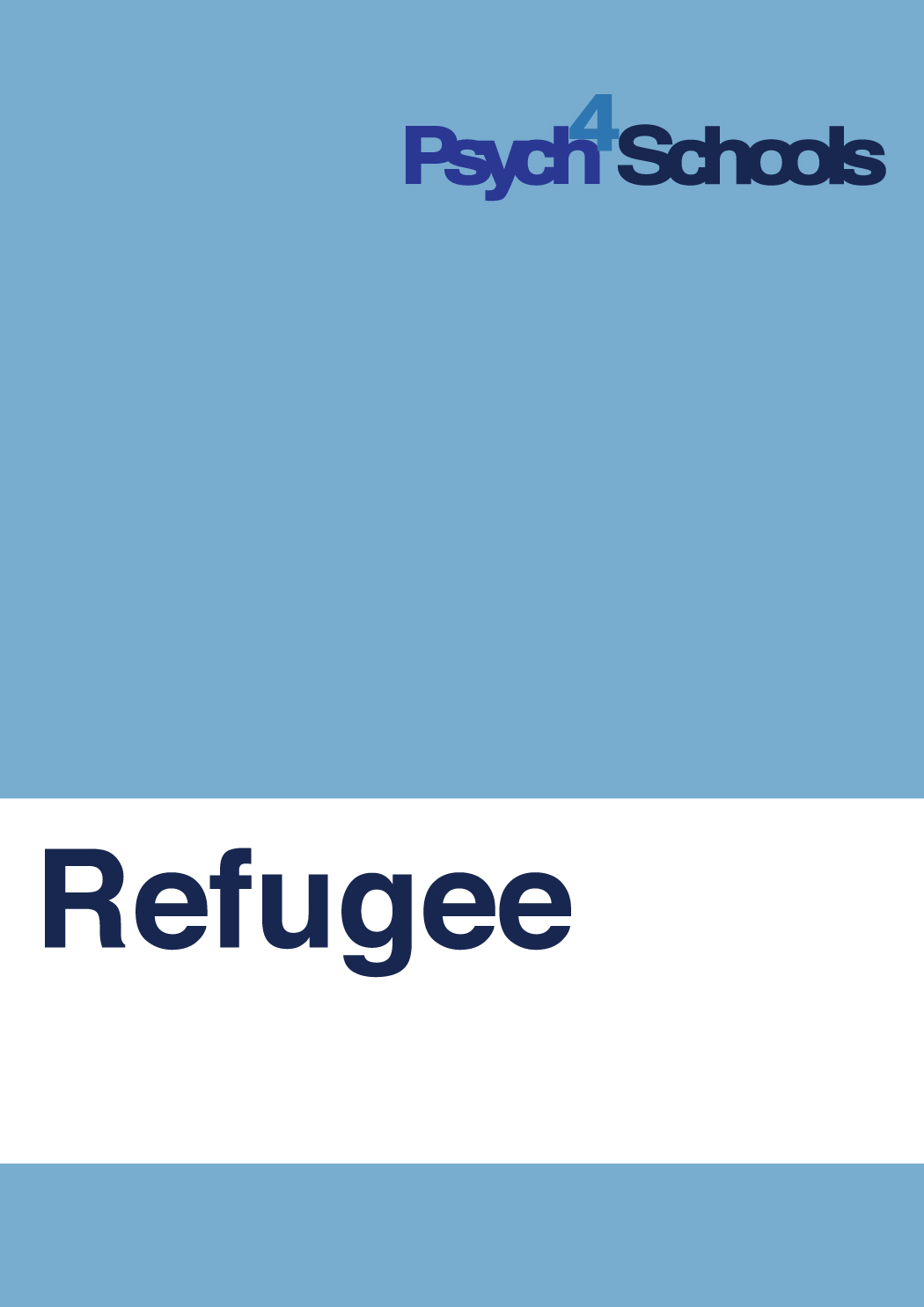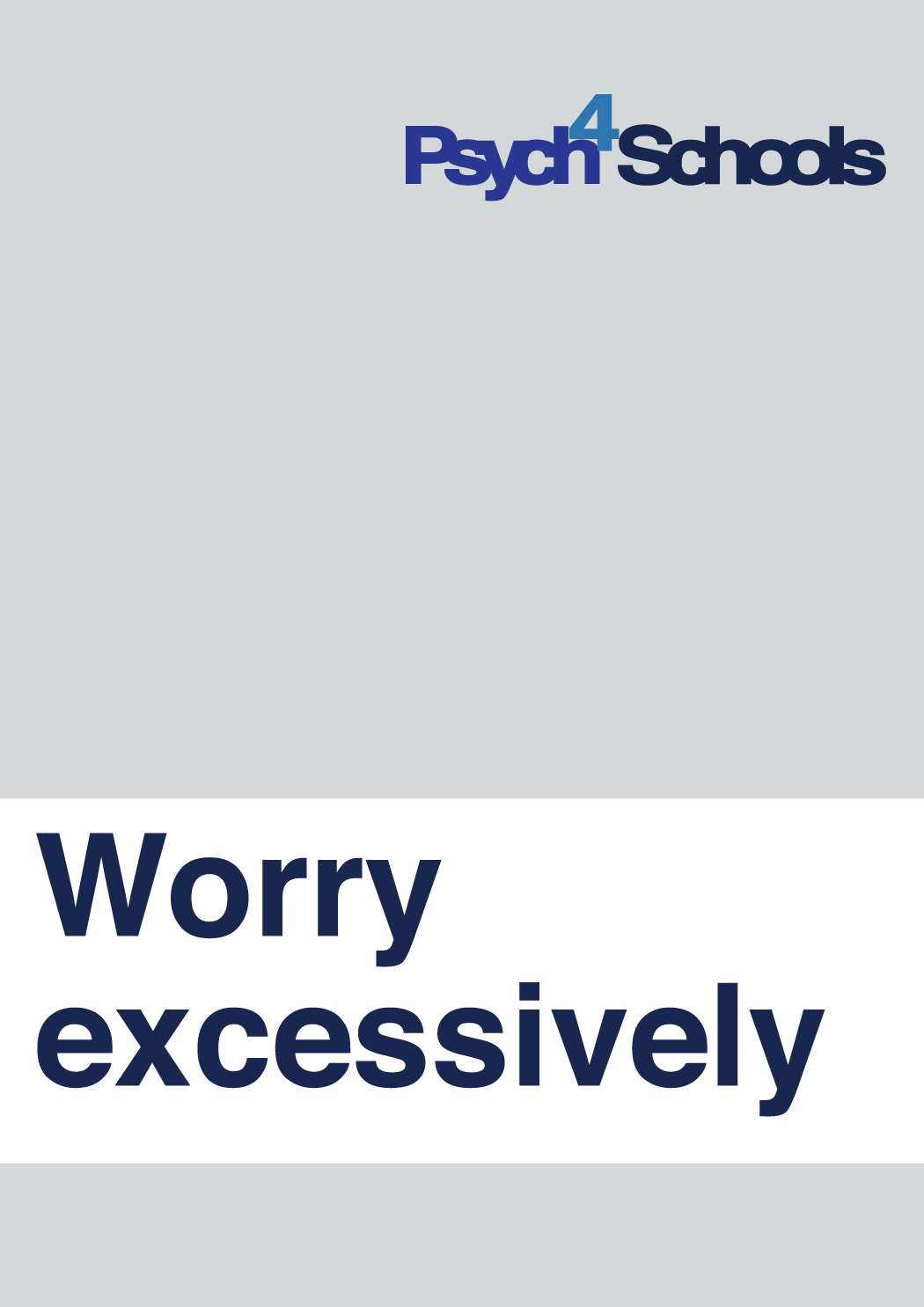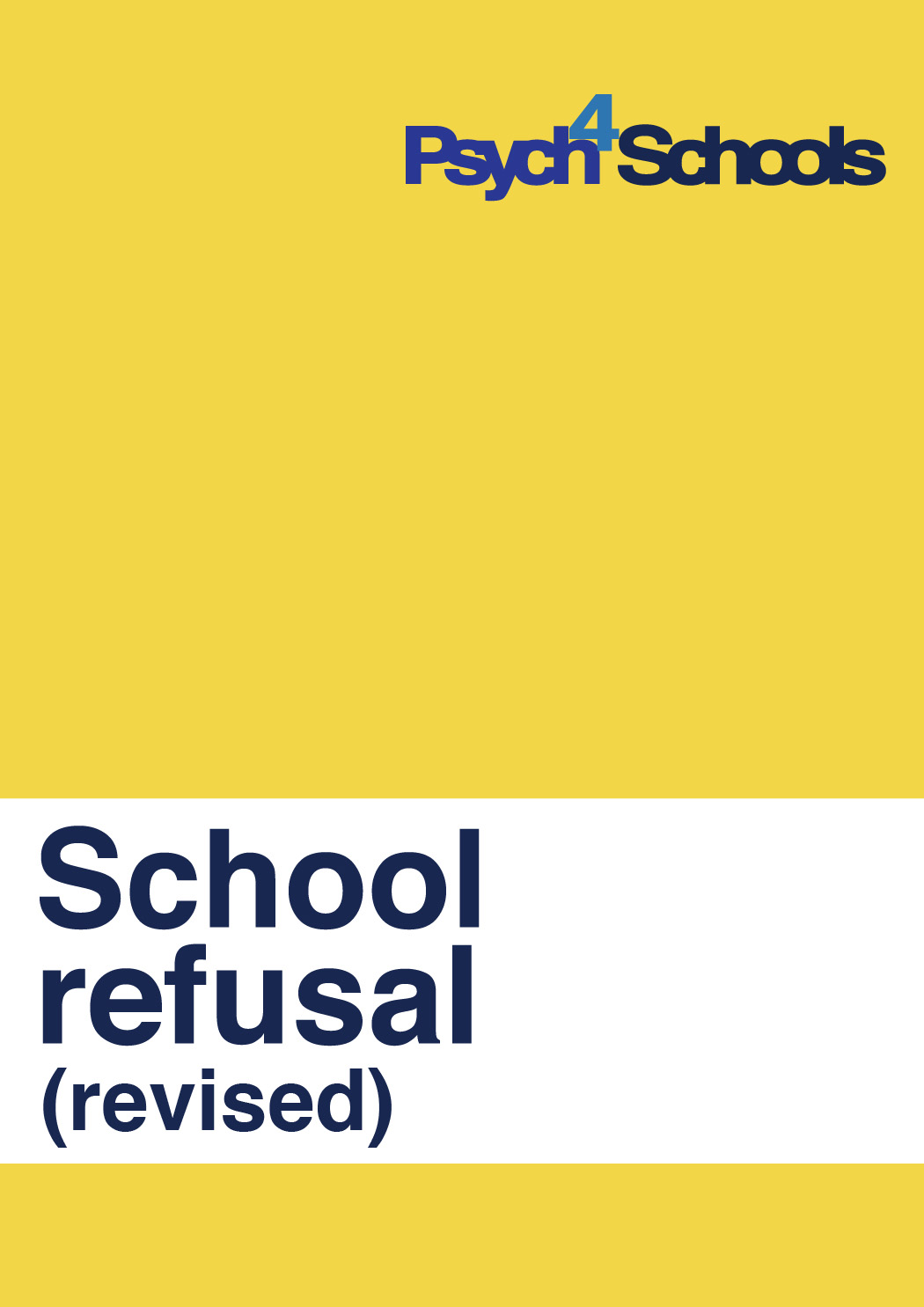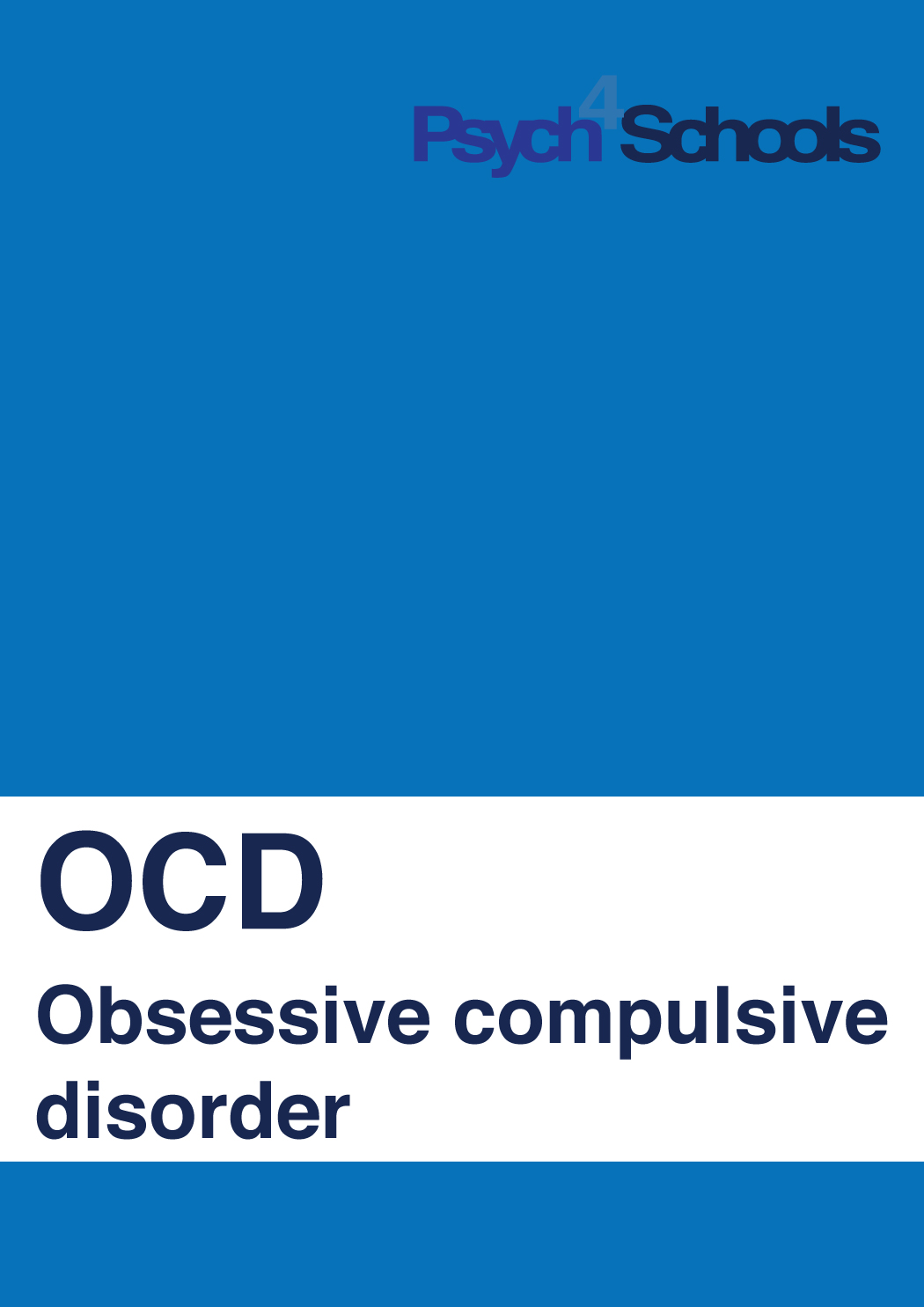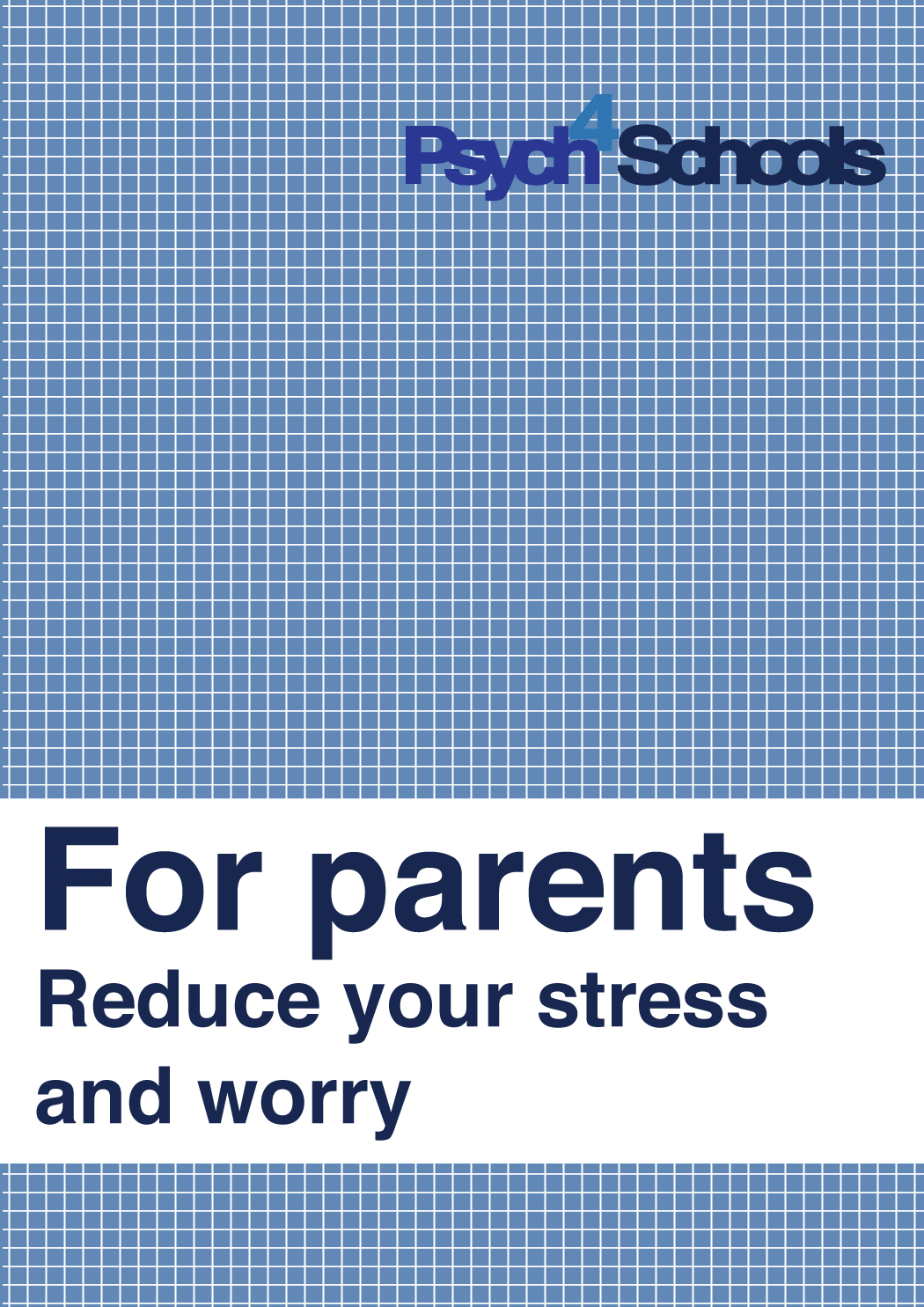Refugees
The following is an excerpt from the ebooklet Working with children from a refugee background by Murray Evely and Zoe Ganim.
Introduction
Refugees are people who have left their countries of origin and cannot return because they fear being persecuted for ‘reasons of race, religion, nationality, membership of a particular social group or political opinion.’[3] (2001) ‘50th anniversary: The wall behind which refugees can shelter: The 1951 Geneva Convention.’ Ray Wilkinson (Ed.) Refugees. 2. UNHCR: … Continue reading They have usually experienced years of conflict, violence, persecution and perhaps torture in their home countries, and may have been forced to leave their countries with little notice. They often leave behind parents, children and other close family members, friends and belongings, their work, careers and futures.
Before arriving in Australia, refugees may have spent long periods of time in refugee camps or in other temporary living arrangements with substandard living conditions. These temporary housing options are typically overcrowded and sleeping and living arrangements are very basic. There is limited food and medical care, and safety, education and work opportunities are considerably compromised.
Challenges faced by these children and their families
People from refugee backgrounds are often significantly affected by the trauma they have experienced.
Children of refugee parents who are born in Australia can also be affected by generational family trauma, simply by being part of a family that is dislocated, grieving and mourning the loss of loved ones and homeland.
Many, but not all, people from refugee backgrounds, including parents and children, will suffer from post-traumatic stress disorder or significant depression or anxiety.
Resettlement in Australia brings with it many challenges for refugee families. Families may feel further isolated by the language barrier and significant cultural differences between their place of residence and their country of origin. Financial difficulties are common and add additional pressures for newly arrived families.
Schooling in the country of origin or in refugee camps may have been limited or disrupted, or there may have been no access to education. Refugee children may be entering your school with little or no previous formal schooling experience.
Limited educational opportunities, possible exposure to war and trauma, the difficulties of adjusting to a new culture, and limited understanding of the English language all profoundly impact on a child’s ability to learn and their social and emotional wellbeing. In addition, a history of poor maternal health during pregnancy and inadequate neonatal care in the refugee camps, combined with malnutrition and disease, can further compromise a child’s wellbeing and impact on their smooth transition to learning in your classroom.
Refugee children may have experienced the death of a parent or other significant family member. They may be in the care of a relative or family friend. Some children may not be with their biological mother because in cultures where a man can have more than one wife, the family sometimes migrates with all of the children and only one wife. Children may have had the experience of being child soldiers. Grief and sadness can compound experiences of dislocation, confusion, limited language and homesickness. Trauma reactions are not necessarily short-term and can have ongoing impact. Children from war-torn countries often come to Australia without fathers, older brothers and other significant male role models.
Behaviours of children from a refugee background
Children from a refugee background may present with some of the following behaviours:
- gaps in learning and/or schooling experience
- slow to learn new concepts
- short attention span and difficulty concentrating
- difficulty retaining information
- tiredness in class, due to sleepless nights, bad dreams or being woken by other family members
- difficulty forming attachments and developing ongoing significant friendships
- withdrawn behaviour or ‘shutting down’
- aggressive behaviour
- defiant behaviour
- limited ability to share, take turns, speak one at a time
- difficulty sitting still
- impulsive behaviour and over-excitability
- depression or sadness.
What can schools do?
Schools are in a unique position and have a wonderful opportunity to provide a safe and supportive environment for the children and families of refugee background and can assist in rebuilding their shattered lives. Acknowledging and celebrating cultural diversity throughout the school community can foster a sense of belonging and create a positive school culture across the whole school.
Other Psych4Schools ebooklets relevant on this website that may help include, ‘Children with English as a Second Language (ESL) or English as an Additional Language (EAL)’ and ‘Children suffering from Post Traumatic Stress Disorder (PTSD)’ and ‘Children of parents with an illness’.
When to seek additional help
It is important to remember that not all children from refugee backgrounds will display the same behaviours or have the same needs.
The child may need to be referred to a psychologist if the intensity and frequency of worrying behaviours are evident after about three to six months. Counselling or more tailored support may be necessary (see, for example, www.racgp.org.aufor a list of specialised refugee counselling services in Australia) if the child is not responding to strategies and supports that you have put in place or is not engaging appropriately with other children and learning. Parental consent is required for referral to a psychologist or an appropriate specialist agency.
Strategies to support the child of a refugee background
- Attend professional development sessions on working with refugee children. There are a growing number of workshops, seminars and professional training sessions that cater for teachers working with children from refugee backgrounds. Contact your local district or regional department office to enquire about training through professional associations. In Victoria, for instance, the Victorian Foundation for Survivors of Torture (Foundation House) offers regular free professional development workshops for teachers. It has also developed a number of excellent resources for schools and teachers of students with refugee backgrounds. These are available to download free at the website http://www.foundationhouse.org.au.
- Designate a staff member to be the refugee contact or support person. This may be the deputy or assistant principal, psychologist or student welfare coordinator, or a multicultural education aide. This person should be the key contact person at the school for families from refugee backgrounds. They must have a good understanding of the refugee experience and develop relationships with key support agencies to assist the child and family with financial, health and community services. It is ideal if the staff member speaks the same language as the child.
- Consider small group and/or whole class programs to increase the child’s connectedness to school and acceptance by peers. It is recommended that you deliver these programs in conjunction with the school nurse, psychologist or staff member in charge of wellbeing. Two excellent programs are available at no charge through the website: http://www.foundationhouse.org.au ‘The Rainbow Program for Children in Refugee Families (2002)’ (a small group program) and ‘Klassroom Kaleidoscope—a program to facilitate connectedness and wellbeing in the culturally diverse classroom (2007)’ (a whole class program).
- Talk to the parents or carers about the child’s previous school experience. It may be possible for a school staff member, preferably the refugee contact or support person, to establish this when the child is enrolled. It can be helpful to talk about the child’s previous schooling to gauge the level of the child’s educational experience. Useful questions might include ‘Has your child attended school?’, ‘Was schooling disrupted?’, ‘How many years of schooling has your child completed?’, ‘How many days or hours per week did your child attend school?’ and ‘What language was your child educated in?’ Often, children learn second and third languages in refugee camps so it is important to ascertain the language of the home and where English fits in the child’s language repertoire.
ISBN 978-1-921908-16-3
Copyright © Murray Evely and Zoe Ganim 2011
No part of this excerpt may be reproduced or reprinted without permission in writing from the publisher.
Click here to read copyright details, summary of the licence and terms and conditions to use and reproduce our digital materials granted to authorised users.
References
This article is an excerpt from the ebooklet Refugee.
Download the complete ebooklet for full access to strategies and resources, including:
- Working with parents or carers to support the child’s learning
- In the classroom
- Behaviour management and discipline
- If the child exhibits agitated behaviour, irritability or anger outbursts
- If the child talks to you about a traumatic event from their past
- If the child talks to you about a recent event that may be considered abuse or neglect
